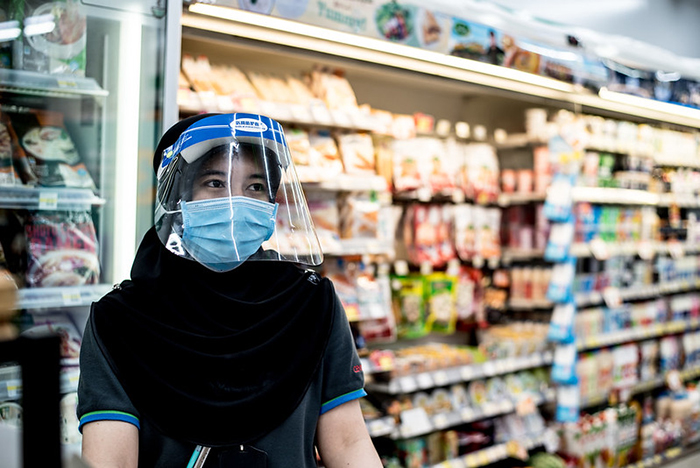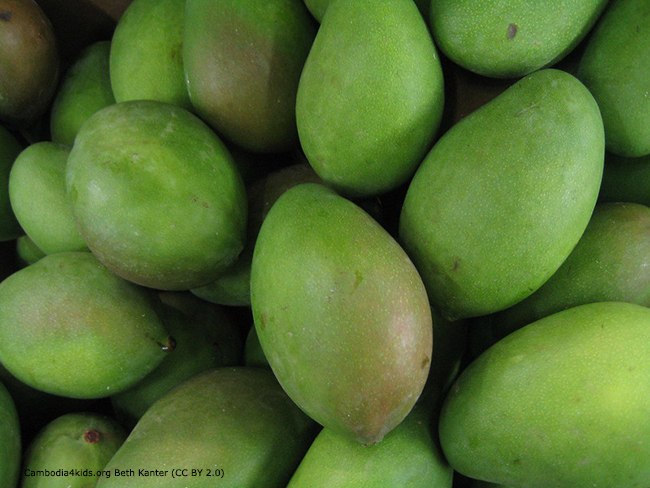
Aerial view of trucks and other vehicles crossing the border check point on the Lao side of the Mekong River through the Second Thai–Lao Friendship Bridge which connects Mukdahan Province in Thailand with Savannakhet in Lao PDR. Photo by ADB.
ADB Highlights Support for GMS Transport and Economic Corridors in ASEAN Forum
The ASEAN Forum on Subregional Development discussed measures to link Mekong subregional cooperation programs with the ASEAN and other subregional groupings to achieve the common goal of narrowing development gaps and to build a stronger ASEAN community. The forum tackled solutions to promote coordination and connectivity among economic corridors in the region. Countries and involved parties were enjoined to work together on policies and mechanisms to address border gate issues.








